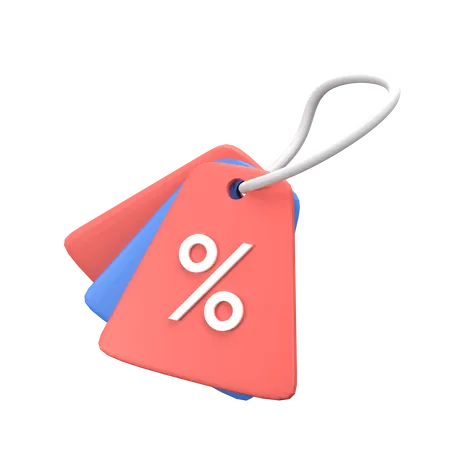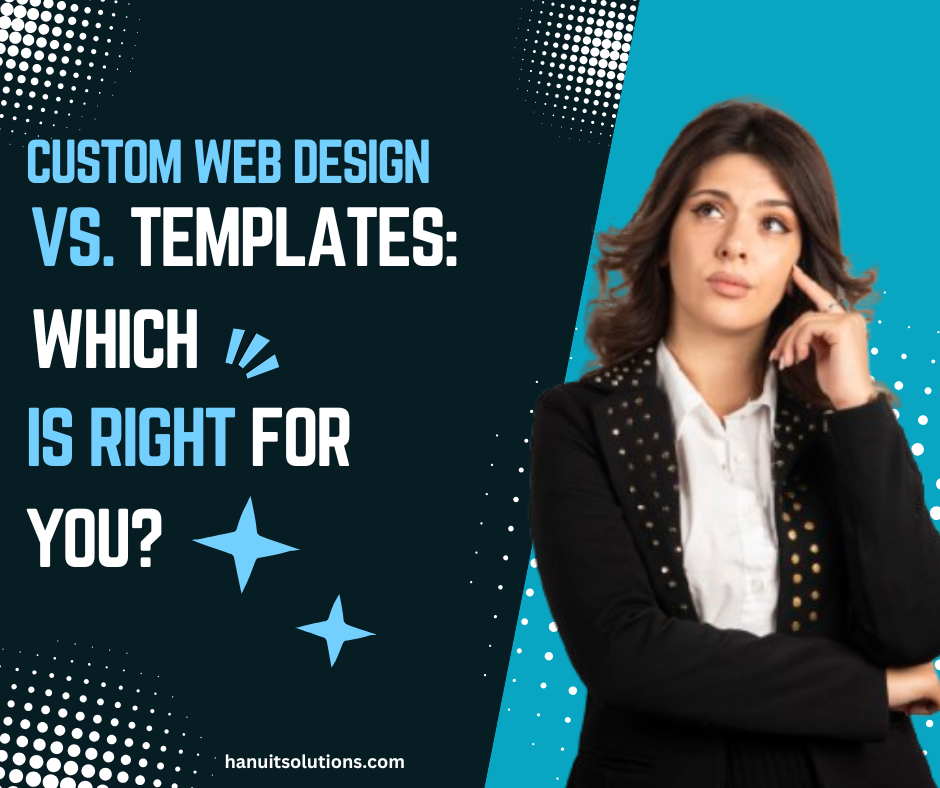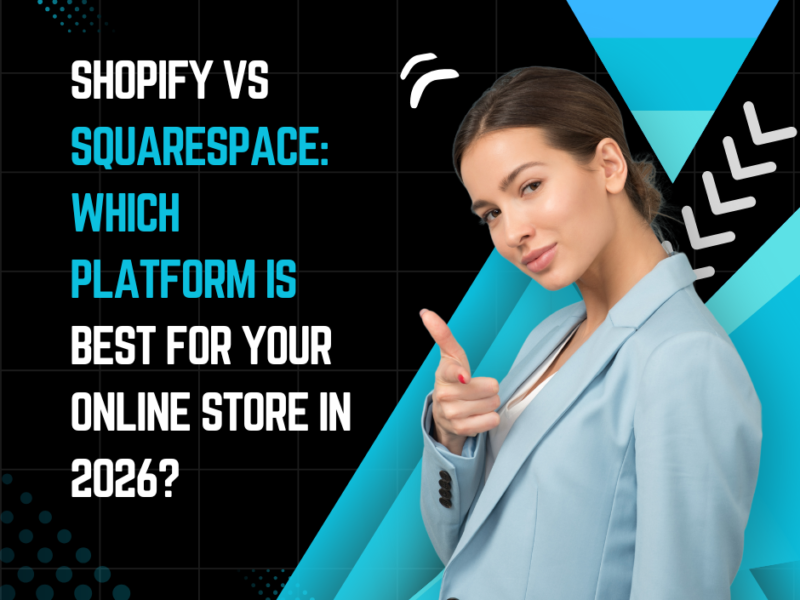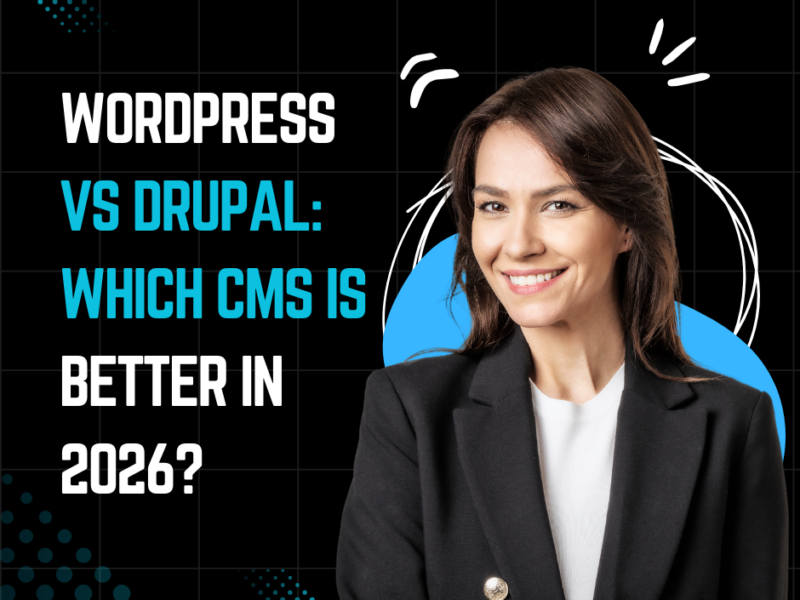Custom Web Design vs. Templates: Which is Right for You?
When it comes to creating a website for your business, the options can feel overwhelming. One of the most important decisions you’ll face is whether to go with a custom web design or use a pre-made template. Both approaches offer distinct advantages, but which one is right for your business?
Custom web designs offer a completely personalized experience, but they come with a higher price tag and a longer development time. Templates, on the other hand, can be a fast, affordable solution for businesses that need to get their website up and running quickly. In this article, we’ll dive into the pros and cons of both options, helping you choose the best fit for your business’s needs and future growth.
What Is a Custom Website Design?
A custom website design is a bespoke approach to creating a website that is uniquely tailored to the specific needs, preferences, and goals of a business or individual. Unlike pre-made templates, custom designs are built from the ground up, providing a unique user experience and aesthetic that reflects the brand’s identity.
Key Features of Custom Website Design:
- Tailored to Your Brand
Every element of the website, from the layout to the color scheme, is designed to align with your brand’s values and visual identity. - Unique Functionality
Custom websites allow for specialized features or integrations, such as custom e-commerce platforms, booking systems, or unique user interactions. - Scalability
These designs can be created to grow your business, making it easy to add new features or pages as needed. - SEO-Friendly Structure
A custom website can be optimized for search engines from the ground up, ensuring better visibility and higher rankings. - Enhanced User Experience (UX)
Designers and developers work to create an intuitive, user-friendly interface tailored to your audience’s behavior. - Professional and Polished Appearance
With no reliance on pre-existing templates, the design looks original and high-quality. - Improved Performance
Custom designs often result in faster load times and better overall performance because they are streamlined for your specific requirements.
Also read: Why Working with a Web Dev Agency is a Smart Move
Benefits of a Custom Website Design:
- Stand Out from Competitors: A unique design ensures your website doesn’t look like countless others using the same template.
- Adaptability: Fully tailored designs allow for quick adjustments based on evolving business goals or customer feedback.
- Increased Trust: A professional and cohesive design can establish credibility and encourage users to trust your brand.
- Long-Term Investment: While initially more expensive, custom websites often save costs in the long run by avoiding limitations associated with templates.
Who Needs a Custom Website Design?
- Businesses looking to create a strong online presence.
- E-commerce brands need unique features and a tailored shopping experience.
- Professionals aim to showcase their brands distinctively.
- Organizations with specific technical or functional requirements.
What Are Website Templates?
A website template is a pre-designed web page or set of pages that can be customized to create a website. These templates provide the basic framework for design and functionality, allowing users to modify elements like colors, images, fonts, and content to suit their needs without requiring extensive coding knowledge.
Key Features of Website Templates:
- Pre-Designed Layouts
- Templates come with predefined layouts and designs, making it easy to get started without designing from scratch.
- They typically include placeholders for text, images, buttons, and other elements.
- Customization Options
- Users can adjust the design to match their preferences, though flexibility may be limited compared to custom websites.
- Popular templates allow changes to colors, fonts, and images through drag-and-drop tools.
- Variety of Styles
- Available for various industries, including e-commerce, portfolios, blogs, and more.
- Offered in modern, minimalistic, or niche-specific designs.
- Plug-and-Play Functionality
- Templates often come with built-in features like navigation menus, forms, or sliders, requiring minimal setup.
- Responsive Design
- Many templates are pre-designed to be mobile-friendly, ensuring they work well on all devices.
Benefits of Using Website Templates:
- Cost-Effective: Templates are usually more affordable than custom web designs, making them ideal for startups or small businesses.
- Time-Saving: With much of the design work done, websites can be launched quickly.
- Ease of Use: Templates require little to no coding, making them accessible to non-technical users.
- Diverse Options: Users can choose from a wide range of designs suited to their specific needs.
- Compatibility: Templates are often optimized for popular content management systems (CMS) like WordPress, Shopify, or Wix.
Limitations of Website Templates:
- Lack of Uniqueness: Since templates are widely available, multiple businesses may use the same design, reducing distinctiveness.
- Limited Customization: Adjusting templates beyond their preset features can be challenging and may require technical expertise.
- Performance Issues: Some templates include unnecessary features or code, which can slow down website performance.
- Dependence on Template Developers: Updates and support may depend on the developer, especially for premium templates.
Who Should Use Website Templates?
- Small Businesses: With limited budgets and time, templates offer an affordable and quick solution.
- Bloggers and Freelancers: Templates provide an easy way to establish an online presence.
- E-Commerce Startups: Platforms like Shopify offer templates tailored for online stores.
- Individuals or Hobbyists: Those looking to create a personal website or portfolio without extensive investment.
Custom Web Design vs. Templates: Key Considerations
When deciding between Custom Web Design vs. Templates, consider these factors:
1. Cost
- Custom Web Design
- Higher upfront investment.
- Offers a tailored solution for businesses that prioritize uniqueness and scalability.
- Long-term savings by reducing the need for frequent redesigns or upgrades.
- Templates
- Budget-friendly.
- Ideal for small businesses or individuals with limited resources.
- May require additional spending for premium features or third-party plugins.
2. Uniqueness and Branding
- Custom Web Design
- Provides a fully tailored look that aligns perfectly with your brand’s identity.
- Helps businesses stand out from competitors with a unique, personalized experience.
- Templates
- Pre-designed layouts mean limited originality.
- Multiple businesses might use the same template, diluting your brand’s distinctiveness.
3. Flexibility and Customization
- Custom Web Design
- Complete control over layout, features, and functionality.
- Easily adaptable to specific business requirements or unique user interactions.
- Templates
- Customization is limited to predefined options, such as colors, fonts, and images.
- Extensive modifications may require developer assistance, reducing cost advantages.
4. Development Time
- Custom Web Design
- Takes longer to develop, as everything is built from scratch.
- Involves multiple stages like planning, design, development, and testing.
- Templates
- Quicker setup with plug-and-play functionality.
- Websites can be launched in days or weeks, depending on the level of customization.
5. Performance and SEO
- Custom Web Design
- Optimized for speed and SEO from the ground up.
- Cleaner code ensures better performance and search engine rankings.
- Templates
- May contain bloated code or unnecessary features, impacting site speed.
- SEO optimization options might be limited without additional tools.
6. Scalability
- Custom Web Design
- Built to grow with your business, accommodating new features and pages seamlessly.
- More adaptable to technological advancements and user demands.
- Templates
- Adding complex features or scaling up may be challenging and require significant rework.
- Not ideal for businesses planning rapid growth or advanced functionality.
Choosing the Right Option for Your Business: Custom Web Design vs. Templates
Deciding between a custom web design and a website template depends on your business’s goals, resources, and long-term plans. Here’s how to evaluate and choose the best option for your needs:
1. Define Your Business Goals
- Custom Web Design:
Choose this option if your goals include building a unique brand identity, achieving scalability, or incorporating complex features.
Example: E-commerce businesses requiring advanced functionalities like dynamic pricing or CRM integration. - Templates:
Opt for templates if you need a simple, cost-effective solution to establish an online presence quickly.
Example: A small business or personal blog with minimal customization requirements.
2. Consider Your Budget
- Custom Web Design:
Custom websites require a higher initial investment but deliver tailored solutions and better long-term ROI.
Suitable for businesses with a robust budget and a focus on quality. - Templates:
Templates are affordable and often include free or low-cost options.
Ideal for startups or businesses with limited funding.
3. Evaluate Your Timeline
- Custom Web Design:
If you have a longer timeline and can wait for a polished, fully customized solution, custom web design is ideal. - Templates:
Templates are the better choice for launching your site quickly. Many platforms, like WordPress or Wix, allow you to create and go live in days.
4. Assess Your Technical Needs
- Custom Web Design:
Perfect for businesses that need unique features, integrations, or advanced functionalities.
Examples: Membership websites, custom booking systems, or interactive dashboards. - Templates:
Work well for straightforward websites like informational pages or simple e-commerce stores.
Example: A basic online shop using Shopify or a service website on Squarespace.
FAQs
What is the primary difference between custom web design and templates?
Custom web design is a unique, tailor-made solution, while templates are pre-designed layouts that offer limited customization.
Are templates SEO-friendly?
Some templates are SEO-optimized, but custom web design provides better control for comprehensive optimization.
Which is more expensive: custom web design or templates?
Custom web design is more expensive due to the personalized approach and professional development involved.
Can I upgrade a template-based website to a custom design later?
Yes, it is possible to transition from a template to a custom design, although it may involve significant redevelopment.
Are templates suitable for e-commerce websites?
Templates can work for small e-commerce sites, but custom web design is better for large-scale online stores with unique features.
How long does it take to create a custom website?
The timeline varies but generally ranges from several weeks to months depending on the complexity.
What are the long-term benefits of custom web design?
Custom web design offers scalability, unique branding, advanced functionality, and better SEO performance, making it a worthwhile investment for the future.
Conclusion
Choosing between Custom Web Design vs. Templates boils down to your specific requirements, goals, and resources. Templates offer an affordable and quick solution for basic needs, while custom web design provides a tailored, scalable, and high-performing website ideal for long-term success. Evaluate your needs carefully to make the best choice for your website.








